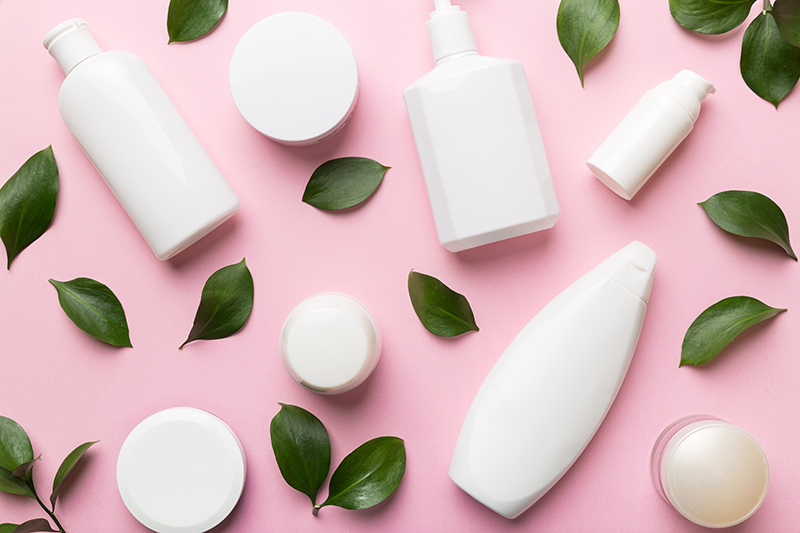
Cosmetics are a part of our daily lives; we use different products to look good and accentuate our best features. However, many consumers are unaware of the logistics involved in cosmetic production. At Sophim, sustainable production forms a vital part of our business, and we continually look for ways to minimize our impact on the environment while catering to the needs of our customers. The global cosmetic industry is projected to reach upwards of $463.5 billion by 2027, and concerns have been raised about the environmental impact of cosmetic production in meeting growing global demand.
How Do We Do It?
We source and create our products from natural ingredients, primarily the olive. The main processes in our production include hydrogenation, distillation, and esterification to draw quality products from our raw ingredients. For over 2 decades, we have pursued our commitment to eco-sustainability by finding and using only natural ingredients. Cosmetic production with natural ingredients is complex, especially relying on natural ingredients. At Sophim, we ensure quality and sustainability by using natural ingredients and processes for sustainability.
Sophim has set up operations in more than 60 countries to tackle supply chain logistics and respond to changing trends in the global market. This grounded approach has enabled us to ease the flow of raw materials and create lasting relationships with our suppliers to cushion us against any supply and demand shocks.
Environmental Challenges in Cosmetic Production
There are several environmental issues associated with cosmetic production. These are the main issues we aim to address through our business. They include:
- Packaging – Cosmetic packaging often leads towards fanciful methods over practical and sustainable designs. Most packages are not recyclable, and a lot of waste is generated in their production process. In addition, most consumers shop online, so the added packaging associated with shipping affects the environment in the long term.
- Wastage of water – Water is an essential ingredient in cosmetic production, even more in chemical production. With rising industrial demand in agriculture and other industries, cosmetics increasingly put more pressure on water resources.
- Carbon emissions – Increasing production to satisfy global demand also contributes to carbon emissions which damage the atmosphere. Beauty product emissions contribute to more than half of total emissions in more than 30 industrial cities worldwide.
Sustainable Practices in Cosmetic Industries
Consumers are becoming more aware of the environmental impact of their favorite products. The cosmetic industry is making strides to move toward sustainable methods and practices, including:
- Green formulas – At Sophim, we employ green materials and methods to protect the environment. We have operations in various countries to utilize renewable sources of raw materials and reduce the carbon footprint associated with transport.
- Sustainable Packaging – Manufacturers can find alternative ways of packaging their products, emphasizing practicality over luxury options. Sustainable packaging can include plastic-free packages and bio-degradable alternatives.
- Ethical sourcing – Ethical consumerism has driven the push for sustainable production in the cosmetic industry. Local raw materials are sourced from local producers who work to ensure sustainable production methods.
The push for eco-friendly cosmetic production is a global initiative. Sophim and its partners are committed to ensuring its products meet international quality standards through environmentally friendly processes. Despite growing demand for our products, we are proud to be a part of the global initiative for a green planet.
Conclusion
We have a responsibility to take care of our planet for ourselves and for future generations. By conserving our environment, we can support increasing demand without taking a toll on our natural resources.

